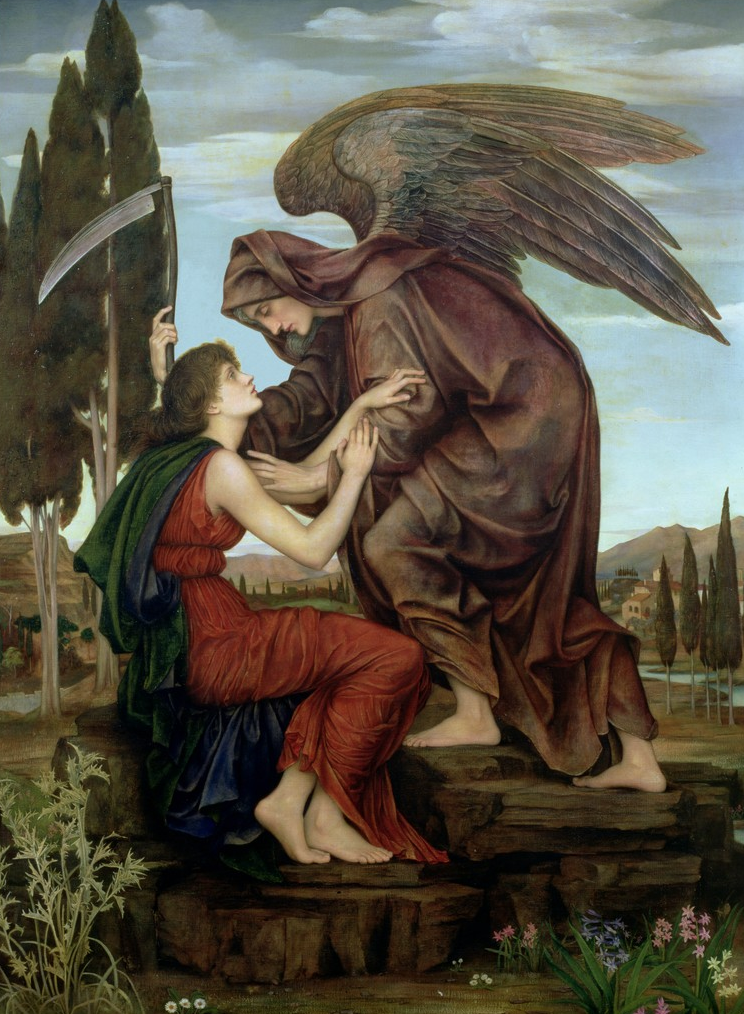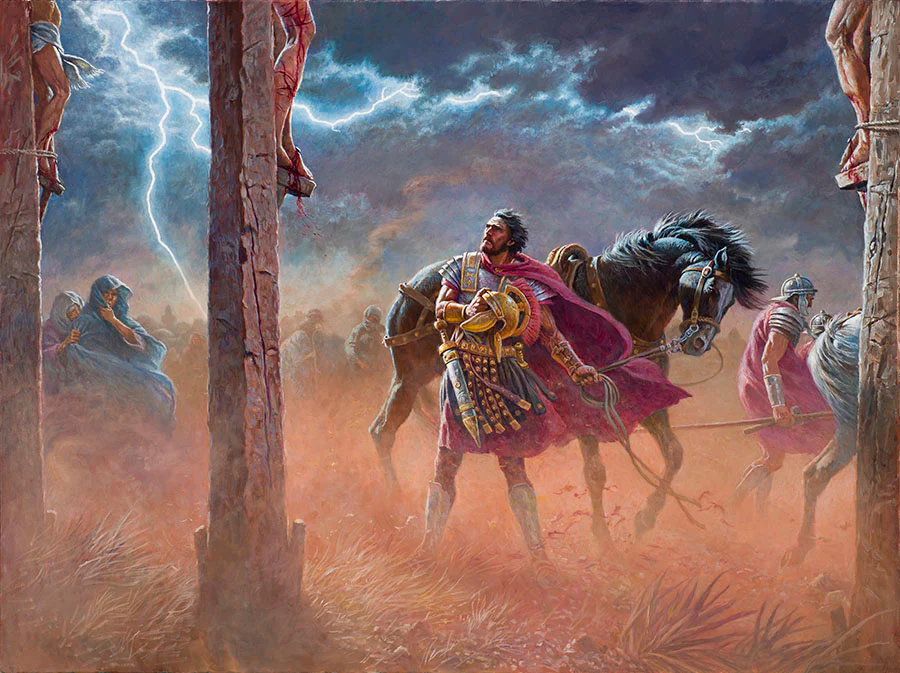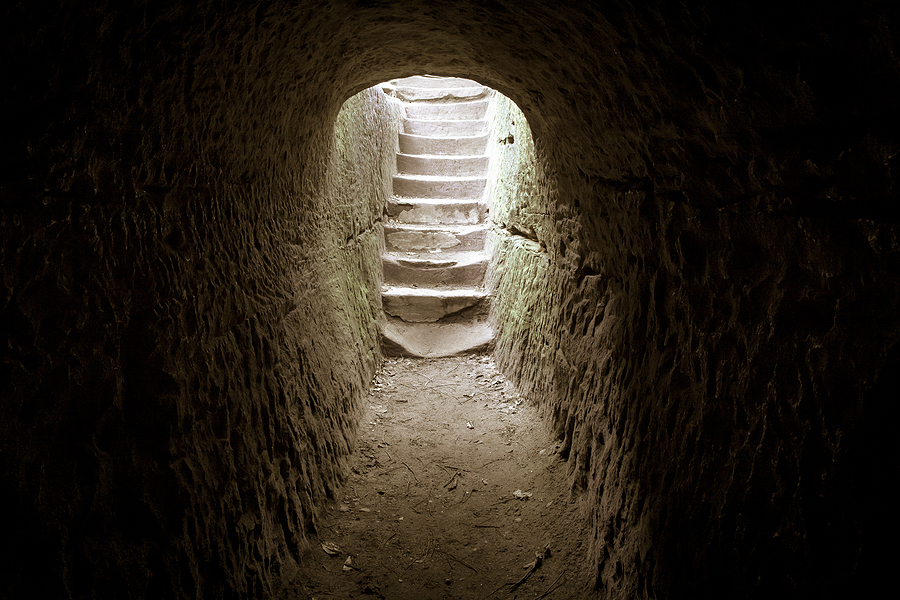
Death, Hope, Heaven, What are we here for, anyway?
In my pre-Catholic ‘pagan’ years, I worried about death. Mostly because I feared standing before a God I did not think I believed in and explaining why I had wasted knowledge, understanding, and time. After twenty years as a Catholic, I would like to think that anxiety gone. Unfortunately, I think it’s merely changed its shape. Which is why a book called, Surprised By Hope: Rethinking Heaven, the Resurrection, and the Mission of the Church, has excited me so much that I am compelled to write about it.
One could object, validly, to my exhortation that ‘what we do matters,’ as self- evident. After all, we do things with the expectation that we can make a difference. Author Bishop N.T. Wright claims, however, that what we do today-right now-has significance, importance in the kingdom Christ will build on earth during the last days.
An arresting thought, even transformative, isn’t it?
Four years ago at a February funeral, Abbott Cyprian at the New Camaldi Hermitage in Big Sur, California, gave the homily for our friend, Father Ray Roh. This loner of a priest, a bit of a curmudgeon, in fact, exemplified the radical theology described in Surprised By Hope.
“I researched on line and found no other monasteries with the name of The Risen Christ. None in the world,” commented the Abbott.
Indeed.
My husband and I knew Father Ray only well enough to glean the barest facts of his life. He had been a parish priest in the Nebraska. After a few years, he felt the call to a monastic life and became a Benedictine monk at a monastery in New Mexico. That Benedictine profession morphed into a decision to found the Monastery of the Risen Christ in San Luis Obispo, California, amidst more than a little controversy, perhaps even opposition. These few facts obscure the anguish of decisions made with too few facts, of facing the realities of institutional politics, of doubt, disappointment and loneliness: The life, in short, of a follower of Christ.
In his homily about Fr. Ray, Abbott Cyprian had time to allude only briefly to the “radical theology” of Wright’s book:
“We (The Churches) have diluted Jesus’ Resurrection to one event. And a happening which has been limited to one day each year. Forty days of Lenten preparation leading to Easter Sunday. When Monday dawns, we’re back to the tedium of our life.”
Wright not only refutes this notion as wrong, he shouts at us to Wake Up!
What I want to suggest, with great temerity, is that in the resurrection one is given the beginnings of a new knowledge, a new epistemology, a new coming-to speech, the Word born afresh after the death of all human knowing and speech, all human hope and love, after the silent rest of the seventh-day sabbatical in the tomb….Jesus’s resurrection summons us to dangerous and difficult tasks on earth.
Rather than the passive, tepid Christianity that informs much of contemporary Christian culture, we Christians are called to ‘be perfect as your Father in heaven is perfect.’ We are obligated to treat our bodies as ‘temples of the Holy Spirit’ rather than material shells which weigh us down and deprive of us of God’s real home, the spiritual one.
Throughout his book, Wright hammers at the Gnosticism and dualism
that has infected Christianity since the Enlightenment. ‘The world is bad and getting worse’, ‘our job is to suffer the evil and aim to get to heaven.’ ‘All matter is corrupt, we will be happy only when we discard these bodies and become pure spirit.’ Lies which distort and deprive us of the Truth.
A scholar in the gospel and letters of St. Paul, Bishop Wright relies on his extensive Pauline scholarship to underscore his message: We are here to work as the hands and hearts of Christ.
Most of us, whether atheist, agnostic or Christian, believe our actions matter…that what we do or say can make a difference.
But the sheer immensity of problems can make us shy away. Accept our powerlessness and adopt a type of passive resignation that poisons and permeates our soul. Take the problem of homelessness for an example. A favorite political football. One with which I have more than a little personal experience. Over a period of a few years, my husband John and I conducted our own forays into the streets of Reno to gain some understanding of the shelters and the people who live on the streets. And we concluded that the main problem is sobriety: Those who stayed out of the Reno shelters did so because they refused to stop drinking or getting high on their drug of choice. Rather than give money to fuel the addiction, we support a program that helps these people get sober.
We have not fixed the problem.
I still avert my eyes when walking or driving by the guy or gal standing on the corner with a sign. But no longer do I give money…
It’s a small thing. Of late I have become aware that small things are what we are given. Each day, each moment. If, as author Wright declares, I can stay awake, I’ll be able to perceive what I can do, if anything.
Is it enough?
God has created me to do Him some definite service
He has committed some work to me which He has
not committed to another
I have my mission
I may never know it in this life but I shall be told it
in the next
I am a link in a chain
a bond of connection between persons
He has not created me for naught
I shall do good – I shall do His work
I shall be an angel of peace
a preacher of truth in my own place while not
intending it if I do but keep His commandments
Therefore I will trust Him whatever I am, I can never
be thrown away
If I am in sickness, my sickness may serve Him in
perplexity, my perplexity may serve Him
If I am in sorrow, my sorrow may serve Him
He does nothing in vain
He knows what he is about
He may take away my friends
He may throw me among strangers
He may make me feel desolate
make my spirits sink
hide my future from me – still He knows what He is
about.



